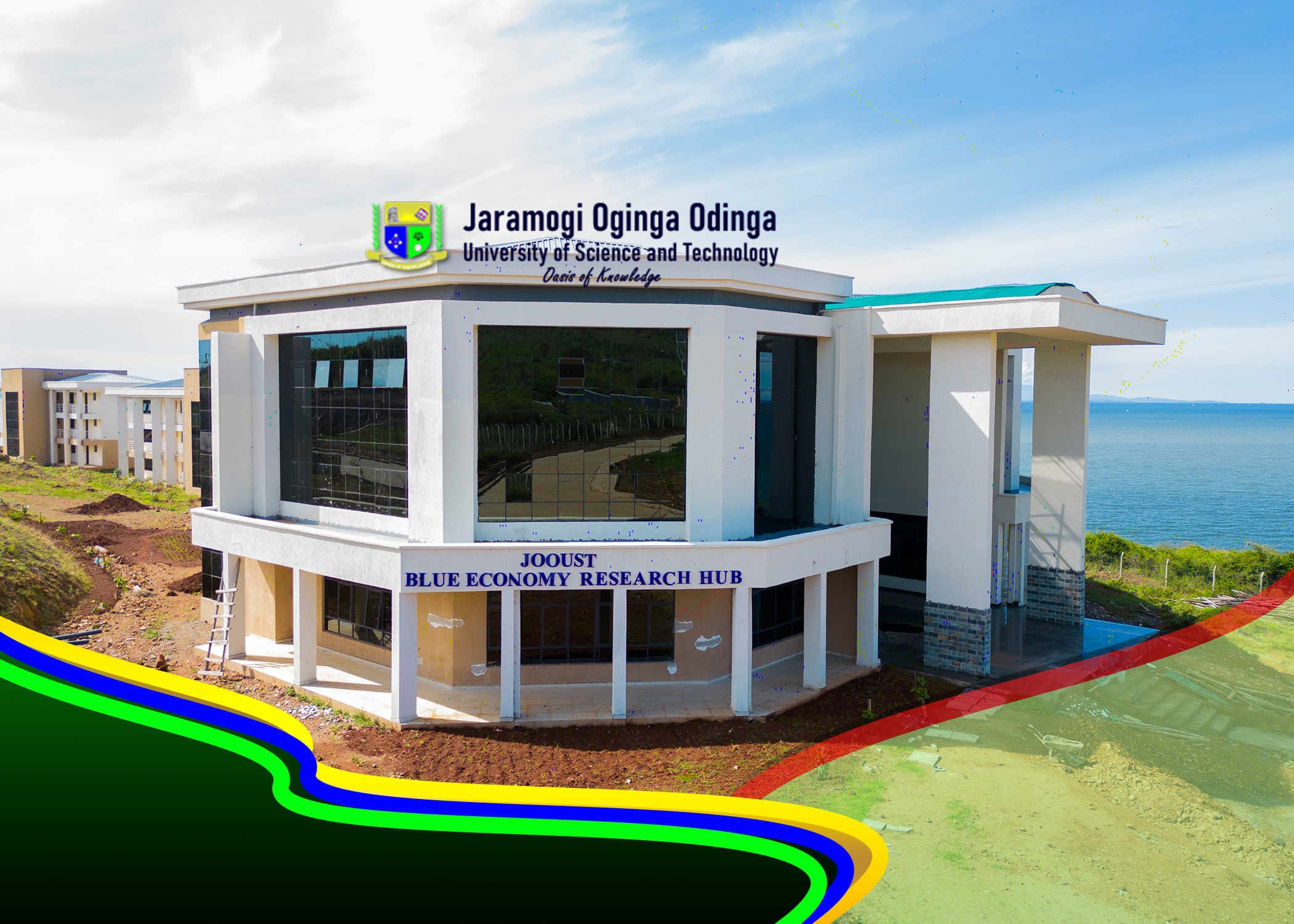- Dr. Dickens Omondi – Principal Investigator at Jaramogi Oginga Odinga University of Science and Technology (JOOUST) –Prime Applicant
- Dr. Gershim Asiki – Co-Principal Investigator at African Population and Health Research Center (APHRC) – Co-applicant
- Prof. Charles Owuora Obonyo – Co-Principal Investigator at Kenya Medical Research Institutute (KEMRI) Kisumu – Co-Applicant.
- Dr Muthoni Gichu, Consultant Gerontology, Ministry of Health, Kenya – Co-Investigator;
- Dr. Juza Huka, consultant Neurologist, Aga Khan Hospital/AKU – Co-Investigator;
- Dr. Thomas Kwasa, Consultant Neurologist, Kenyatta National Hospital Co-Investigator;
- Etta Agalo – Project administrator; Jaramogi Oginga Odinga University of Science and Technology (JOOUST) –Prime Applicant
- Sharon Wanjiku Mugo – Co-Investigator at African Population and Health Research Center (APHRC) – Co-applicant
Parkinson’s Disease Diagnosis, Perceptions, Awareness, and Care in Kenya (PACKS)
Projects

Project Summary:
Parkinson’s disease (PD) is one of the major neurodegenerative conditions in sub-Saharan Africa. Little is known about the epidemiology, service availability, and population-level awareness. There is a clear lack of data on PD in SSA, including Kenya. Up to 50% of people with PD are not diagnosed and untreated resulting in increased morbidity. The majority of PD patients and their families associate PD with the normal aging process or ascribe spiritual connotations such as curses or witchcraft. The study aims to: 1) validate tools for screening, estimate the prevalence of PD at the population level, and assess the knowledge and attitudes of influential community advisors; 2) assess the healthcare service availability and readiness to manage PD, and; 3) estimate patient caseloads in neurology clinics and identify barriers and facilitators to diagnosis and referral along the care cascade. The PACKS study is being implemented in Kenya and Senegal through three work packages (WP) as follows: WP 1, being led by APHR, is using a mixed-methods approach, including household surveys nested within health demographic surveillance regions in Siaya and Nairobi as well as in Senegal (n = 1500) C. Also, In-depth interviews (n = 40) with community health advisors, including traditional healers, community health volunteers, and medicine sellers are to be conducted. WP 2, under JOOUST, is assessing service availability and readiness in all tertiary hospitals and a sample of primary care facilities in Kenya (n = 50) using a systems assessment tool customized for PD. WP 3, under KEMRI, is conducting a survey of patient caseloads in neurology clinics; in-depth interviews with PD patient-caregiver dyads (n = 45) and; Focus group discussions (n = 3) with patient support groups and caregivers. The findings are expected to inform and support community education programs, development of care models, capacity-building programs for healthcare workers, and policy decisions for improving PD care in SSA.
Principal Investigator(s)
Funding Source
Michael J. Fox Foundation for Parkinson’s Disease Research (MJFF).
Key Activities and Milestone
WP 1
- Tool validation: ongoing
- Patient enrolment and community surveys:
- To ensue after tool validation is completed in Kenya and Senegal.
WP 2
- Facility surveys:
- Completed in November 2023; analysis completed
WP 3
- Caseloads determination and lived experiences
- Caseloads assessments and interviews are ongoing
- Programme Highlights:
-
- Networking and skill development in epidemiology and biostatistics.
- Close collaboration with NPHIs and MoH Departments.
- Project Achievements:
- Successful completion of WP 2
- All research approvals were duly obtained
- .
- Workshop / Seminar meetings:
- Regular monthly or two-weekly investigators’ meetings.
Impact and Relevance
The study will provide validated tool to be used for routine screening at primary care settings to enable early detection and linkage for definitive diagnostic work up. Also, findings will demonstrate service availability and opportunities for strengthening PD caregiving and demand creation. Knowledge of service delivery needs and an understanding of how PD is perceived and conceptualized within communities are critical for developing implementation guidelines toward improving treatment and care for people with PD. Knowledge and perceptions (beliefs and attitudes) are crucial for improvement interventions targeting the psychological outcomes in people with PD. These findings are expected to not only inform and support community education programs but also, enhance development of service delivery and care models, capacity-building programs for healthcare workers, and policy decisions for improving PD care in SSA.

